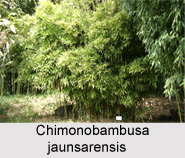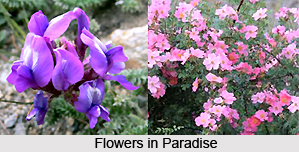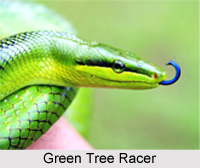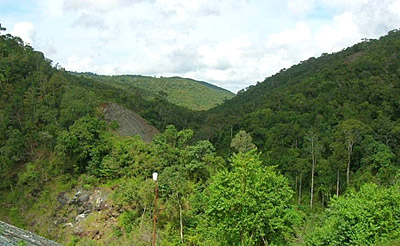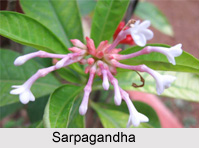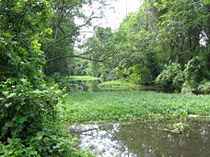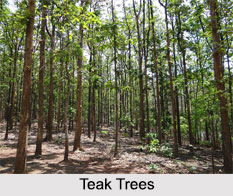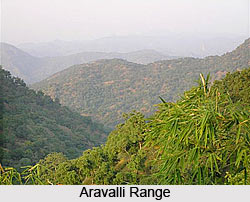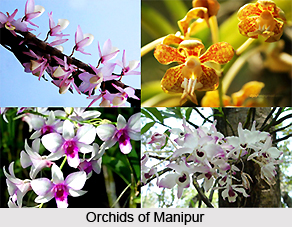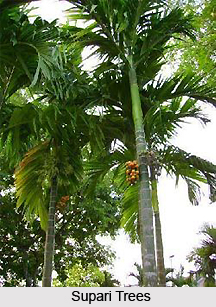 Supari is grown commonly throughout India. Generally, it is taken with the betel leaves. However its medicinal values are undeniable too. The botanical name of this medicinal plant is Areca catechu. The English names of the plant are Areca Palm or Betel-Nut Palm. It is also called in different names in various Indian languages. The Bengali names of Supari are Gua or Supari, in Gujarati it is Sopari and in Hindi, it is named as Supari. In Kannada it is popularly known as Adike, Adike Mara, Betta, Chikaniyadike and Puga and in Marathi the plant is called Pophali, Pung and Supari. The Sanskrit names of the plant are Gubak, Guvaka, Kramuka, Poogiphalam, Puga or Tantusara and in Tamil; it is known as Kamugu, Paakkumaram, Pakku and Pugam. The Telugu speaking people know the plant in the names of Gautupoka, Kolapoka, Oppu-Vakkulu, Poka-Vakka and Vakka.
Supari is grown commonly throughout India. Generally, it is taken with the betel leaves. However its medicinal values are undeniable too. The botanical name of this medicinal plant is Areca catechu. The English names of the plant are Areca Palm or Betel-Nut Palm. It is also called in different names in various Indian languages. The Bengali names of Supari are Gua or Supari, in Gujarati it is Sopari and in Hindi, it is named as Supari. In Kannada it is popularly known as Adike, Adike Mara, Betta, Chikaniyadike and Puga and in Marathi the plant is called Pophali, Pung and Supari. The Sanskrit names of the plant are Gubak, Guvaka, Kramuka, Poogiphalam, Puga or Tantusara and in Tamil; it is known as Kamugu, Paakkumaram, Pakku and Pugam. The Telugu speaking people know the plant in the names of Gautupoka, Kolapoka, Oppu-Vakkulu, Poka-Vakka and Vakka.
Supari is quite a tall tree having a height of about 12-30 m and it has a straight smooth stem. The upper portion of the stem is green and annulate. The leaves of Supari tree are pinnate, having a length of 1.2-1.8 m with numerous leaflets. The leaflets are usually 30-60 cm long and the petiole of the plant is expanded into a broad, tough sheath. The plant`s spathe is double, compressed and glabrous. The much-branched spadices of the plant bear male and female flowers. While the male flowers are small, numerous and sessile, the female flowers remain solitary or in groups of 2-3. The flowers are borne near the base of each ramification of the spadix.
Supari has ovoid or oblong fruits with a length of 4-5 cm and they are smooth. The single-seeded fruits become orange or red-coloured, when fully ripe. The fruits have a fibrous mesocarp and their seed-kernel has a diameter of 2-4 cms. The seed-kernel is of grayish-brown colour and they ruminate with reddish-brown lines. The plant is a native to the Indo-Malayan region. This Indian medicinal plant is widely distributed in the coastal regions of India from Maharashtra to Kerala and Tamil Nadu and in the Deccan Plateau. The plant is also widely found in the states of Assam, Meghalaya, West Bengal, and in the Andaman and Nicobar Islands. The plant is cultivated for its commercially important seed kernels.
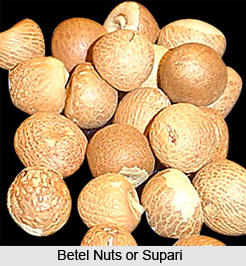
Apart from being an attractive and tall plant, Supari has several medicinal properties and usages. The betel-nuts of the plant are extensively used throughout South Asia as an appetizer and digestive. The people chew them either alone or with betel leaves, lime paste and spices like cloves and other ingredients. The betel-nuts are said to have the capabilities of sweetening the breath, strengthening the gums and acting as a stimulant. The juice of the tender fruits of Supari is used as a laxative and the powdered nuts are prescribed in the treatment of diarrhoea and urinary disorders. They are also considered useful as an external application for ulcers and skin diseases. The people use a paste of the dry betel-nut powder as a dentifrice.
In Ayurveda, the fruit of Supari is used for treating the polyuria and gynaecological disorders, haemorrhage and diseases of the nervous system. Both the roots and seed kernels of the plant are used medicinally, in Siddha. In the Unani medicinal system, the nut is considered as digestive, astringent, diuretic, cardiotonic and emmenagogue, and is widely used ion the treatment of inflammation of the eyes, giddiness and gleet. The young leaves of the plant can be eaten as a vegetable or in salads and they are also used for treating cough and bronchial troubles. A mixture of the juice of the tender leaves of Supari and oil is commonly used as an application for lumbago. Apart from that, a decoction of the roots is also reportedly considered as a cure for sore lips and the roots are used to treat liver disorders, as well.
Indian people use the bark of Supari as a deobstruent for treating flatulence, dropsy and choleric affections. However, he plant has some harmful properties as well. The doctors suggest that the chewing of betel-nuts of this plant is an inducing factor for mouth cancer, possibly due to their high tannin content. Apart from that, the unripe fruits are also poisonous and believed to be harmful to the eyesight.
